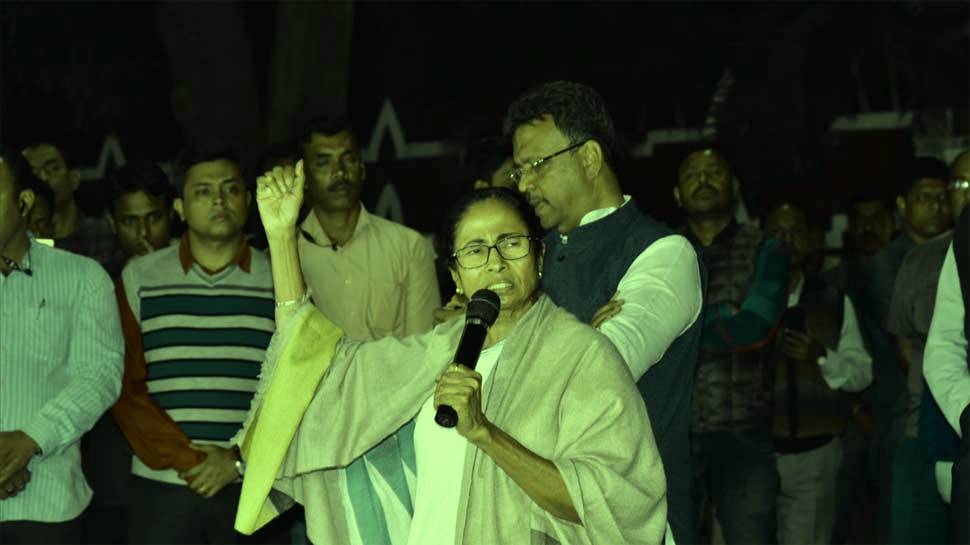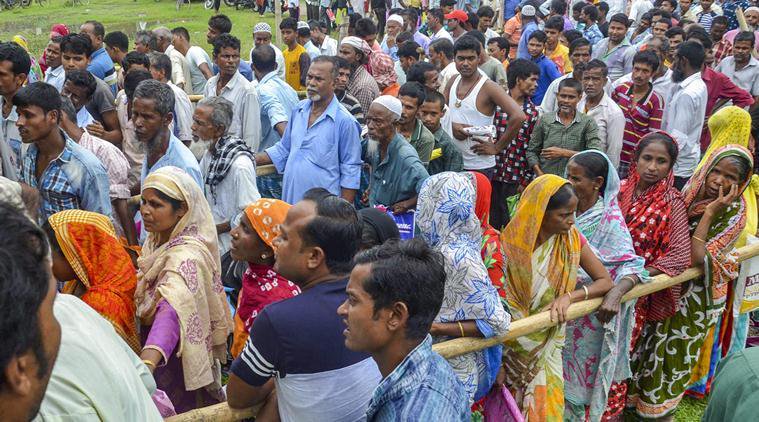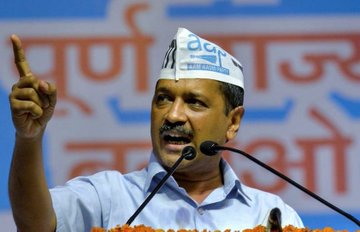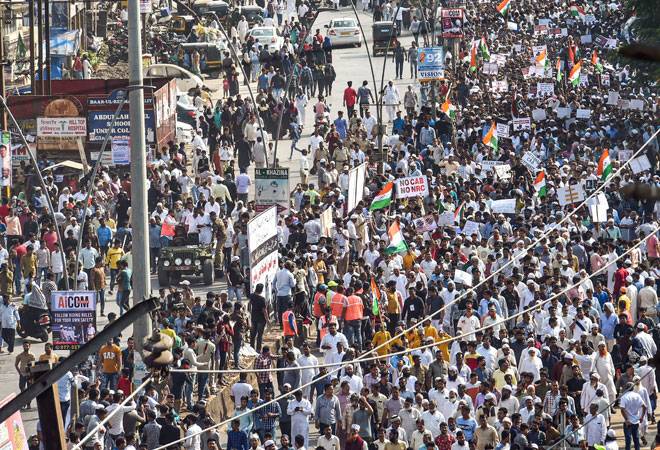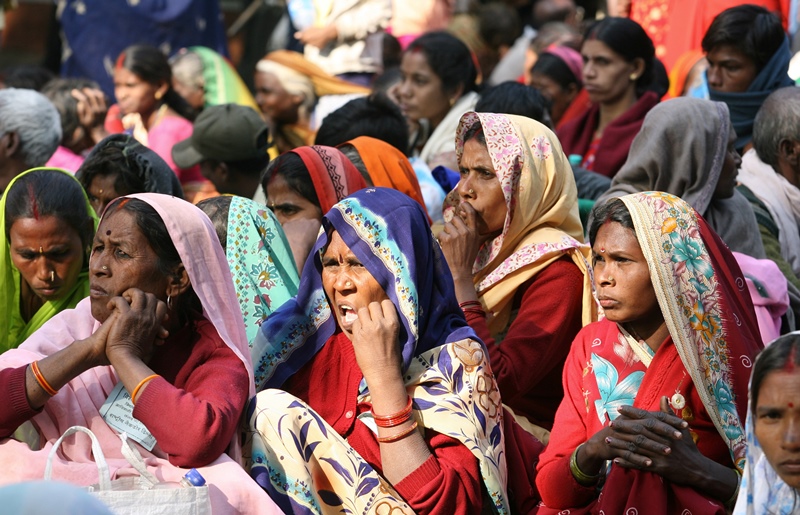
The country is presently witnessing massive protests against its recently passed citizenship amendment law and the Capital recently became the centre for heightened communal frenzy as several people lost their lives and many more were injured.
Several parts of Northeastern Delhi saw violence and destruction as clashes broke out between those in favour of the CAA and those who were opposing it.
There is no doubt that ever since the new legislation has come to occupy the entire stage of Indian politics it had unleashed enough discontent and unrest in serval parts of the country.
It is in this ambience of discomfort, disillusionment and political frenzy that we ought to look at the launch of the proposed National Population Register(NPR) that has contributed even more to the climate of hatred and polarisation in the country.
There indeed is a deeply entrenched anti-Muslim atmosphere in the country and critics have pointed out that the implementation of the CAA and the NRC along with the nationwide NPR exercise will only further discriminate against the Muslims and worsen their plight within the country.
While several groups of concerned citizens, state governments and opposition parties have expressed their disapproval of the three exercises and alleged that these are communal by nature, the Centre has so far not displayed any intent to withdraw it.
The launch of the NPR has been causing enough anxiety among people and has frightened the Muslims even more. What constitutes one of the biggest fears surrounding the NPR exercise is the fact that official counting exercises regularly leave out a significant number of people and those who already face marginalisation are the worst hit.
The canvassing for the NPR exercise will be conducted alongside the Census 2021. While the Indian Census exercise is known for its grand scale and statistical excellence what is also widely known is the fact that it is responsible for leaving out a large number of people from its ambit.
After the completion of the Census, the organisation generally takes up a Post Enumeration Survey(PES) which is an effort to estimate the errors around under and over counting possibilities that came up during the Census.
The 2011 Census found that the net omission rate(under counting net of duplication)was 23 persons per 1000 enumerated persons. The rate had not seen any substantial improvement since the time when the previous Census was conducted in the country and is much higher than in countries such as the United States of America. For 2011, India’s Census missed out 27.85 million people, a population roughly of the size that a state like Punjab had at that time.
What is also alarming to note is the fact that the rate of omissions is far higher in urban areas than it is in rural areas. While the figures for the urban areas have improved even if marginally, the figures for rural India have only worsened over the last many years. Every year the Census has continued to miss out on more and more people in the rural and semi urban areas of the nation.
According to the PES in India, the central and northern parts of the nation have been known to have higher commission rates as compared to the other parts.
The urban areas of cities in the northern zones are very high. One of the reasons cited for this lapse is high mobility rates and migration for work as suggested by the PES report.
Illiterate men and women in urban areas record for the highest omission rates in the country. Children are among the population among whom the omission rates are the highest in India and specially in the age bracket of 0-4 years.
Though we don’t have a very convincing rationale for why this is happening we assume that children are more concentrated in poorer minority households which have higher fertility rates but continue to be undercounted at a higher rate.
While the male head of the house and other adult members including spouse or parents are more likely to make it to the Census list, other relatives or unrelated persons living in the same household are likely to be left out of the Census.
While we cannot deny the fact that such large scale population surveys such as the Census are bound to have degrees of error, other attempts to register all cities are also infected with high degree of error.
The chunk of the population that most of these surveys leave out constitute of the most marginalised sections of the population.
India’s voter list for example has a gender bias, much more women have been left out from the voter list as compared to the male population. The most recent Assembly polls in Delhi recorded nine lakh more men than women registered to vote. It is in this context that a remarkable observation by political theorist Sanjay Kumar becomes relevant, in his book ‘Changing Electoral Politics in Delhi;From Caste to Class’, he notes that only 9% of the homeless in Delhi found themselves registered in the voter’s list. Looking at all these evidences, it is then not difficult to acknowledge the fact that the marginalised and backward sections off the society are often constituents of the grater chunk of the population who tend to be missed out from the census and other population surveys. There is no doubt then that a combination of the Census and the NPR will bring forward a massive counting challenge before India and in most likelihood will again leave out a large number of marginalised and backward people in the country. It is high time we acknowledge the worries and anxieties of those who see an inherent contradiction in the NPR and caution that it may be another exercise to further marginalise and disempower them.

